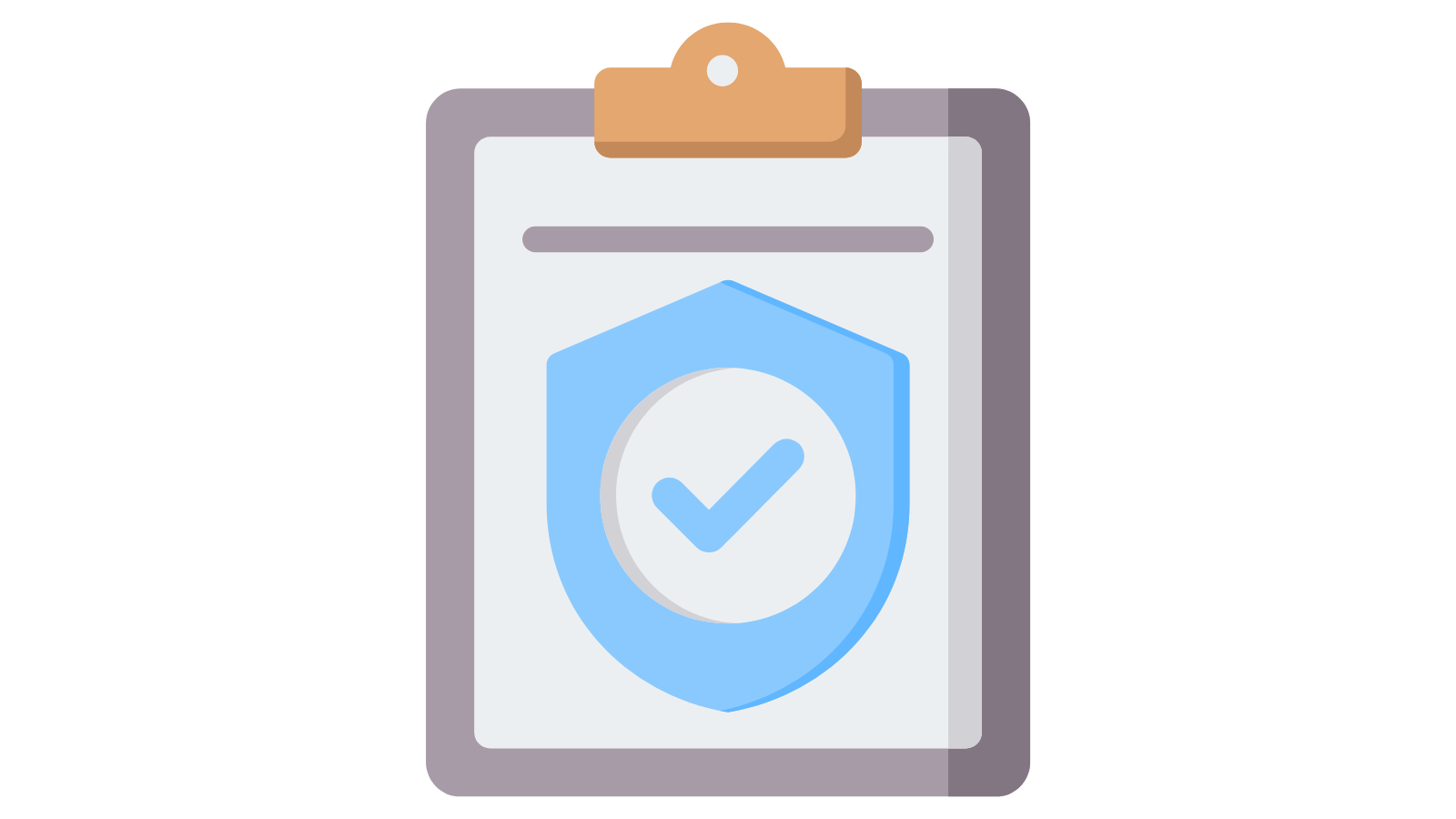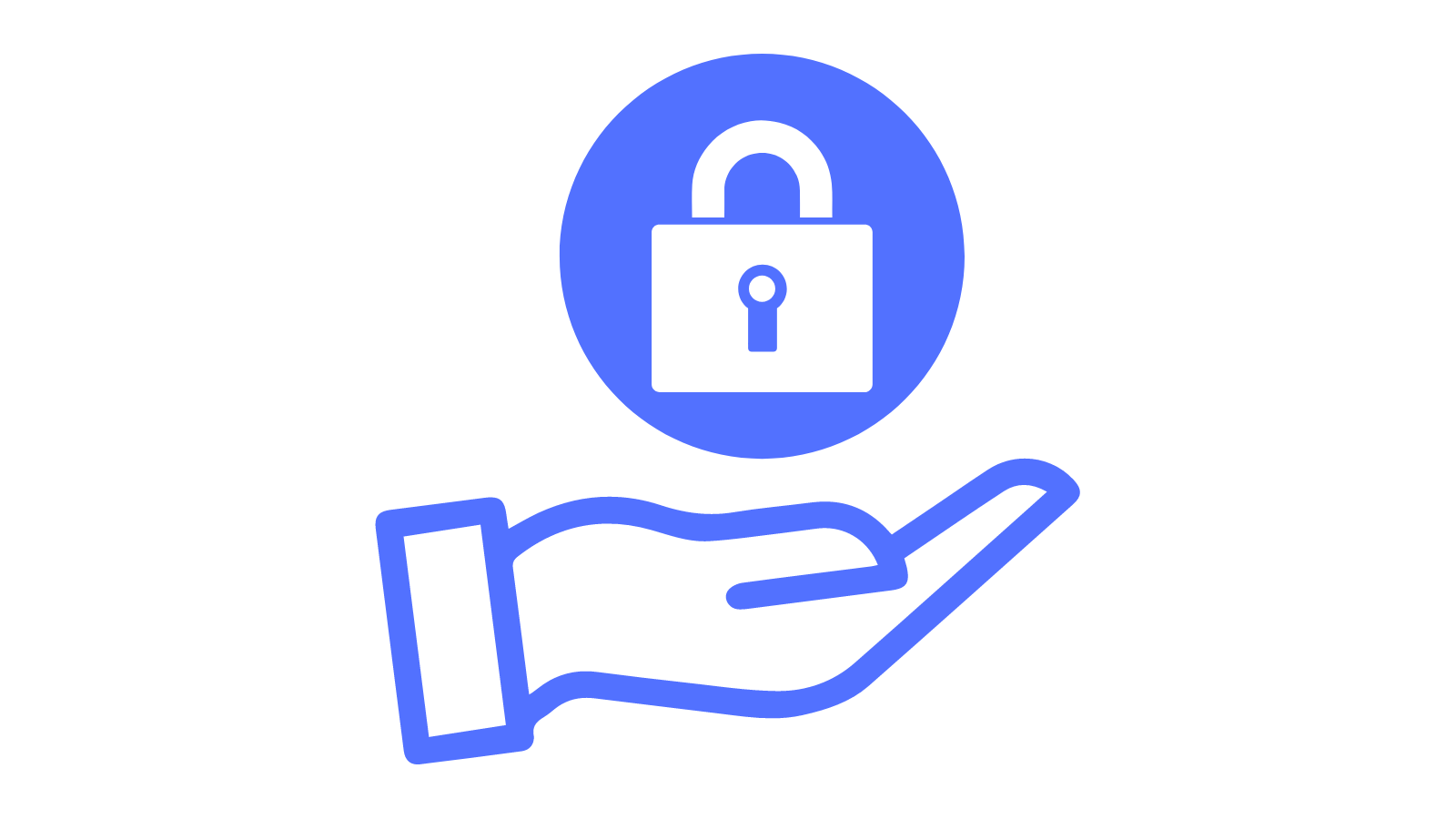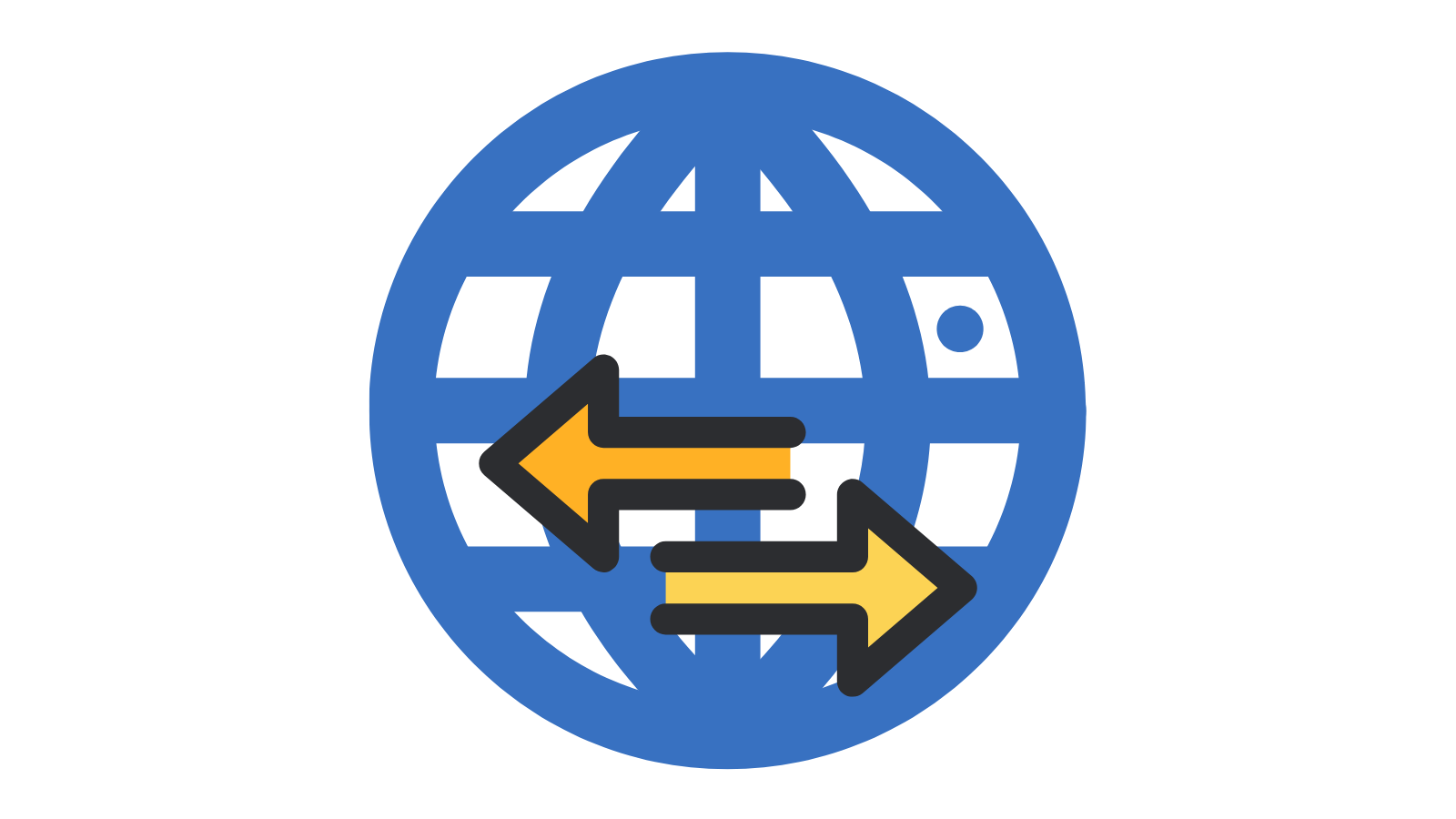Helen Dixon (Data Protection Commissioner della Repubblica d’Irlanda) ha risposto ai critici che accusano il suo ufficio di impiegare troppo tempo ad emettere provvedimenti contro le aziende della Silicon Valley. “Alcune delle persone che commentano di fretta capiscono ben poco del processo di conduzione di un’istruttoria, della complessità dell’accertamento dei fatti, dell’attuazione di procedure corrette …



